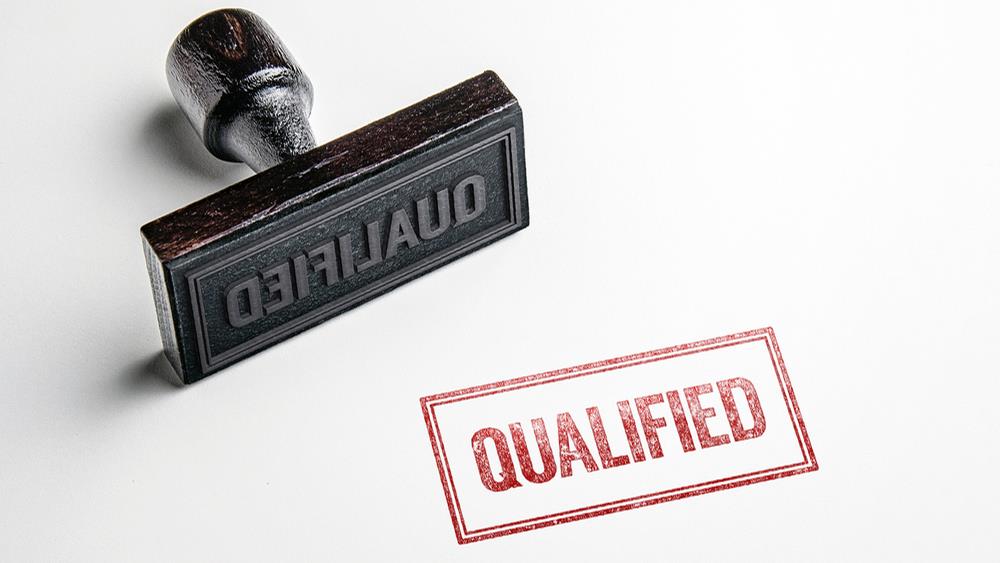

Tom Reynolds, Chief Executive at the Bathroom Manufacturers Association, outlines the urgent measures required to address plumbing skills.
An acute shortage of skilled plumbers and bathroom installers is a growing challenge in the bathroom manufacturing sector. Effective installation is important for bathroom fittings to work properly and for the efficiency of water systems as a whole
Unfortunately, the industry is witnessing a shortage of professionals and an unsettling trend where product dissatisfaction can be traced back to poor installation.
One significant cause is a trickle of individuals, regardless of skill level, transforming into self-proclaimed plumbers or installers. These unskilled operators compromise not only the safety and quality of installations but also cast a shadow on the reputation of our specialised sector.
At the forefront of our challenges lies the absence of mandatory licensing for plumbing and bathroom installation professionals. Unlike other countries, such as Germany and Australia, which both require training for several years for people to work as a plumber, the UK regulatory framework lacks prerequisites for training, qualifications, or experience to establish a plumbing business or assume the title of a bathroom installer. This regulatory void erodes the industry’s credibility, posing substantial public confidence and safety risks.
A pivotal solution would lie in the government's commitment to introducing statutory licensing. The exclusive reservation of the title 'plumber' for fully qualified professionals is imperative. For instance, the Chartered Institute of Plumbing and Heating Engineering maintains lists of qualified installers. The British Institute for KBB Installation plays a pivotal role by recognising and distinguishing qualified ‘bathroom installers’ registered with them. Government endorsement through statutory licensing would ensure that only legitimate and proficient tradespeople bear these titles, guaranteeing quality for consumers.
The recent report, "Flowing Forward," from Demos, resonates with our perspective, urging the Department for Levelling Up, Housing, and Communities to establish a registered plumber scheme involving training plumbers to a specific standard and certifying them. The report contends that complex plumbing work, such as installing a new toilet or shower, should either be registered by local authorities or require self-certification by a registered plumber, considering the potential impacts on water stress, building structure, and people's bills.
Furthermore, evidence-based continuous professional development should be an essential component of every plumbing and heating professional's career. The continuous acquisition of knowledge and skills not only improves individual abilities but also boosts the entire industry's professionalism and reputation. Installations adhering to current industry standards reduce the chances of plumbing or heating systems failing, resulting in costly damages and repairs. It is essential to know that bathroom installations are not only about aesthetics; they play a crucial role in user safety and convenience.
The BMA is committed to pushing for the adoption of all these matters in collaboration with government bodies, the British Institute of Kitchen, Bedroom and Bathroom Installers and other stakeholders. Collectively, we should aim to transform these proposals into concrete reforms, safeguarding the integrity and safety of bathroom installation.